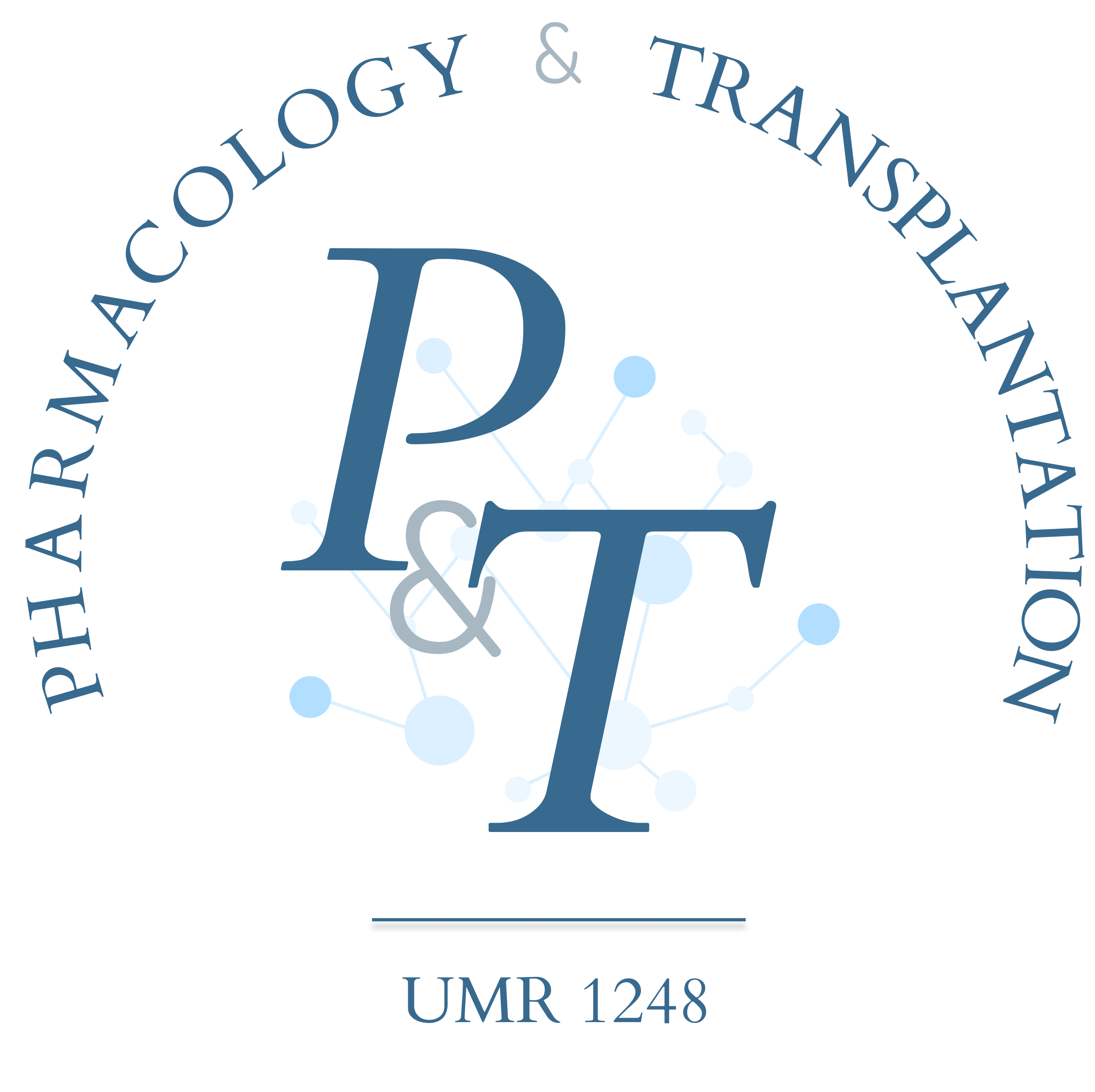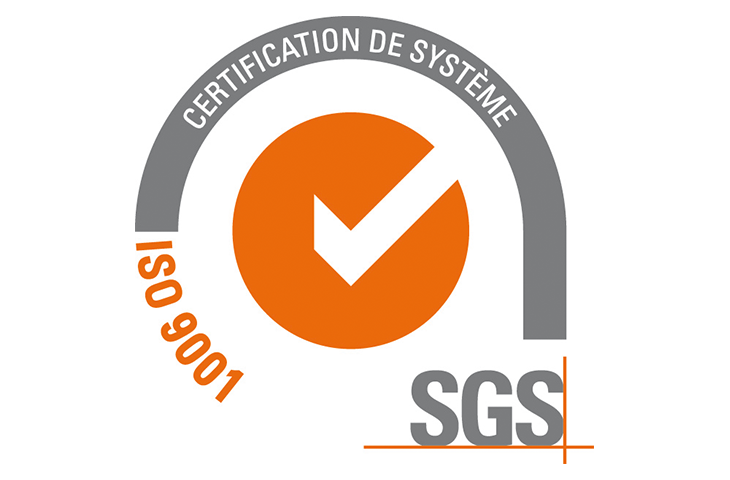Presentation
Pharmacology & Transplantation is a research unit (UMR1248) of the University of Limoges, INSERM, and the Limoges University Hospital, conducting research since 2007 to improve the therapeutic management of organ transplant patients. Allogeneic organ transplantation is a treatment for end-stage organ failure, combining tissue therapy with the administration of drugs aimed at:
- Preventing or treating the recipient’s immune response against the graft’s antigens (therapeutic immunosuppression);
- Managing the common adverse effects of these immunosuppressive drugs (infections and cancers);
- Limiting their specific side effects (hematological, metabolic, cardiovascular, neurological, etc.).
The effectiveness of the treatment mainly relies on the graft itself, immunosuppressive drugs to reduce the immune response against the graft, and most other medications to prevent or treat severe side effects of the immunosuppressive drugs. Nonetheless, treatment failure and toxicity remain relatively common. Organ transplantation has seen very little therapeutic innovation over the past 30 years. About a dozen drug candidates have failed to surpass the standard maintenance therapy, which has been in use for 25 years. This stable therapeutic landscape has prompted prescribers and the Pharmacology & Transplantation UMR to optimize the use of approved and well-established treatments. Indeed, the unit’s members (academic, hospital, or Inserm staff) are developing a personalized medicine strategy in transplantation, aiming to optimize the use of existing treatments and propose therapeutic innovations. Specifically, this involves discovering the sources of variability in response to different existing treatments, proposing, testing, and validating strategies to prevent their inefficacy and toxicity, and promoting the clinical adoption of these best practices. To its initial expertise in clinical research, pharmacokinetics, metabolism, and pharmacogenetics of immunosuppressive drugs, the Pharmacology & Transplantation unit has progressively added new competencies in:
- In silico pharmacology through molecular modeling,
- Organ-on-chip models,
- Biomarkers of treatment efficacy or toxicity,
- Pharmacomicrobiomics, i.e., the interaction between the gut microbiota and drugs,
- Pharmacology enhanced by artificial intelligence.
Several of the UMR’s research projects have had international impacts on the management of transplant patients. In addition to publishing hundreds of scientific articles in international journals, the unit’s members have significantly contributed to therapeutic guidelines by international scientific societies. They have also developed and continuously improved since 2005 an expert system for individualized immunosuppressive therapy adjustment, available through the IBSA website. This system has processed over 160,000 requests worldwide and has helped prevent organ rejection for thousands of patients, as demonstrated by a recent study. Additionally, this approach has been adopted and replicated by several commercial companies in Europe, the United States, and Australia, whose tools also benefit the health of transplant patients.

